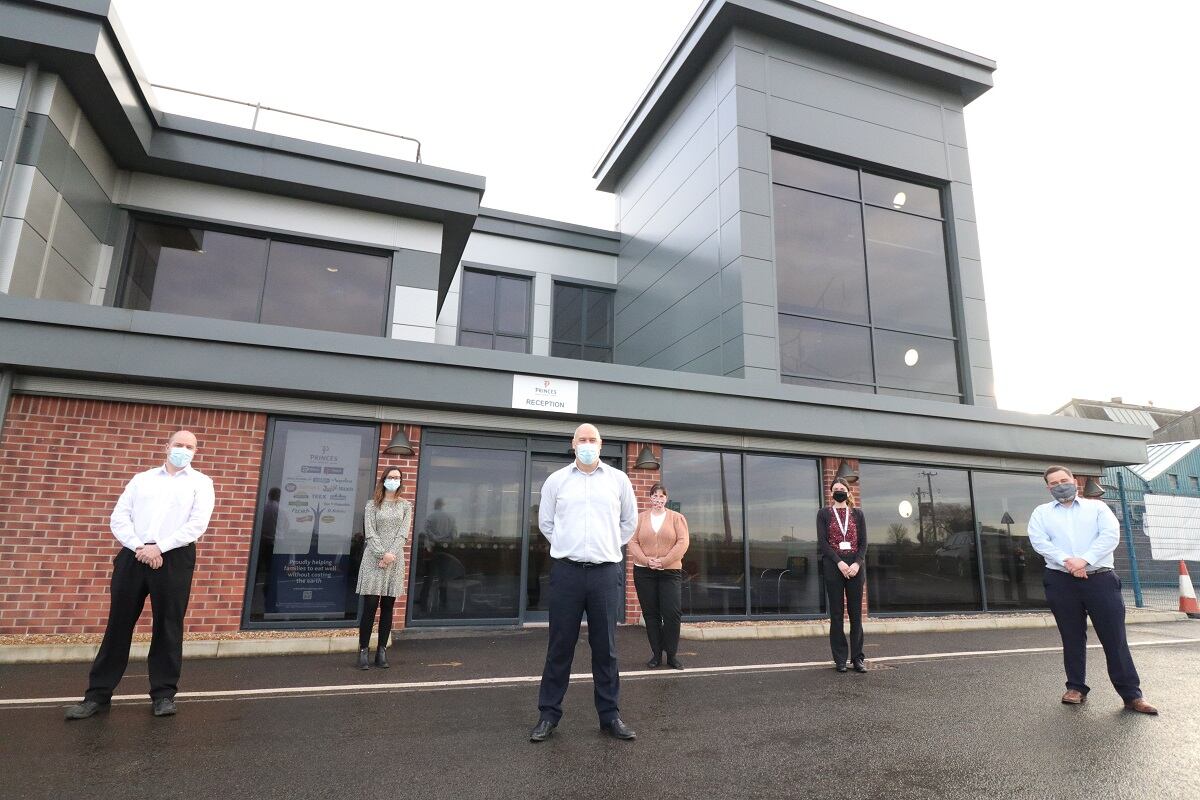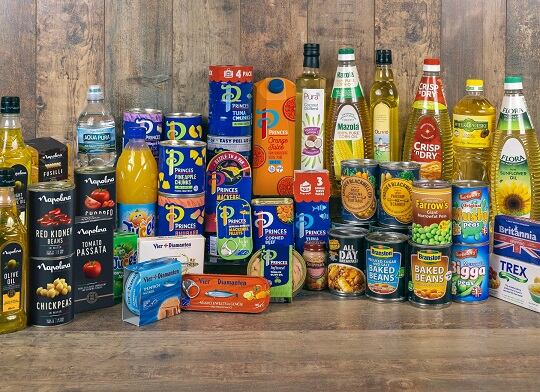I have been working on the foods side of Princes since 2013, initially with responsibility for our Wisbech sites and then early 2018, I took over dual responsibility for the Long Sutton and Wisbech sites.
Prior to that, I was best part of five years at our drinks site in Cardiff. I joined Princes back in June 2008.
Back in 2017 a plan was conceived for a significant investment in this site under the umbrella of Canning Excellence - an investment that has totalled close to £80m. We moved to build a new raw materials warehouse.
'Value stream' for canned ready meals
Part of that investment has been the installation of a 'value stream' for canned ready meals. The front end of that process is a new kitchen facility, so a materials preparation area, and a new canned filling line, which will operate filling complex and high quality ready meals through one of seven different filling routes.
We have four different types of filling capability on it, along with a canning seamer, x-ray foreign body detection.
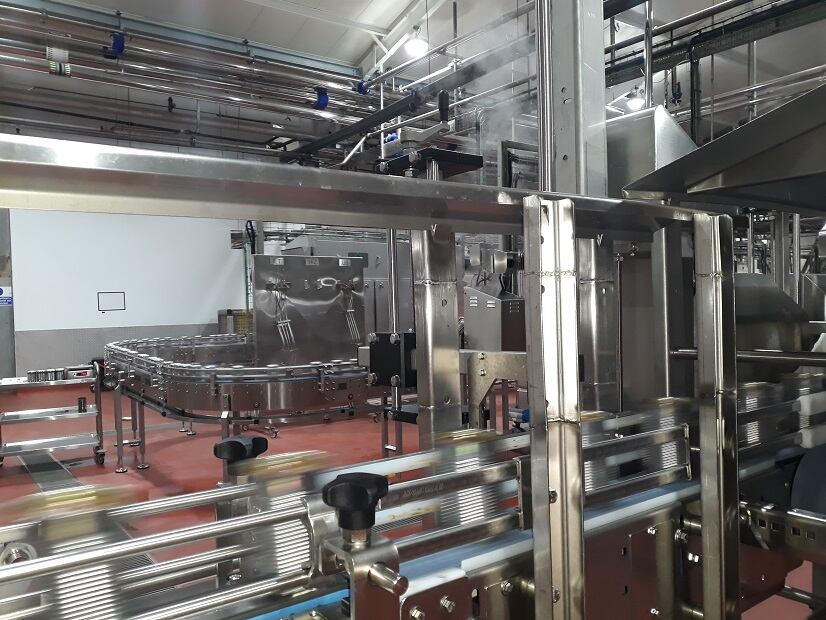
That has fed through to the installation of a new hydrostatic steriliser. Not many of those get installed in the UK each year. This is 250t of steel, 30 metres high. This is where we sterilise the cans. That investment alone is in the region of €10m. That flows out into a packing line dedicated to the new canned ready meals production line.
Ancillary to that we are investing in a manufacturing execution system [MES]. This is the link between how we're weighing out raw materials on the shop floor-based scales and SAP, so it gives us good control of our raw materials, good traceability.
We're also replacing our anaerobic digester. This is a capital project that sits under that £80m umbrella, but on its own is close to £3m.
Combined heat and power (CHP)
At Wisbech we have invested in CHP generating some of our electricity. It's the ambition at Long Sutton to do the same. I'm optimistic that next year we'll be able to invest some money in some more heat recovery activity.
We use evaporative cooling towers for our cookers in most cases. My engineering manager Andy Payne at Long Sutton is working on a scheme where we can do some heat recovery from those.
With the new hydrostat we have installed, we have gone with an adiabatic system - a closed loop system, more energy efficient. It enables us to recover more heat to reuse in the process.
We are running customer validation trials on the new canned ready meals value stream. MES is live and the anaerobic digester is moving towards commissioning.
Other investment
In the past five years one of the investments I'm really happy about is in excess of £4m on welfare facilities, offices and direct areas of the factory. We now have a lovely new staff canteen, new male and female locker rooms, a suite of meeting rooms and an office facility for our back room staff, myself included.
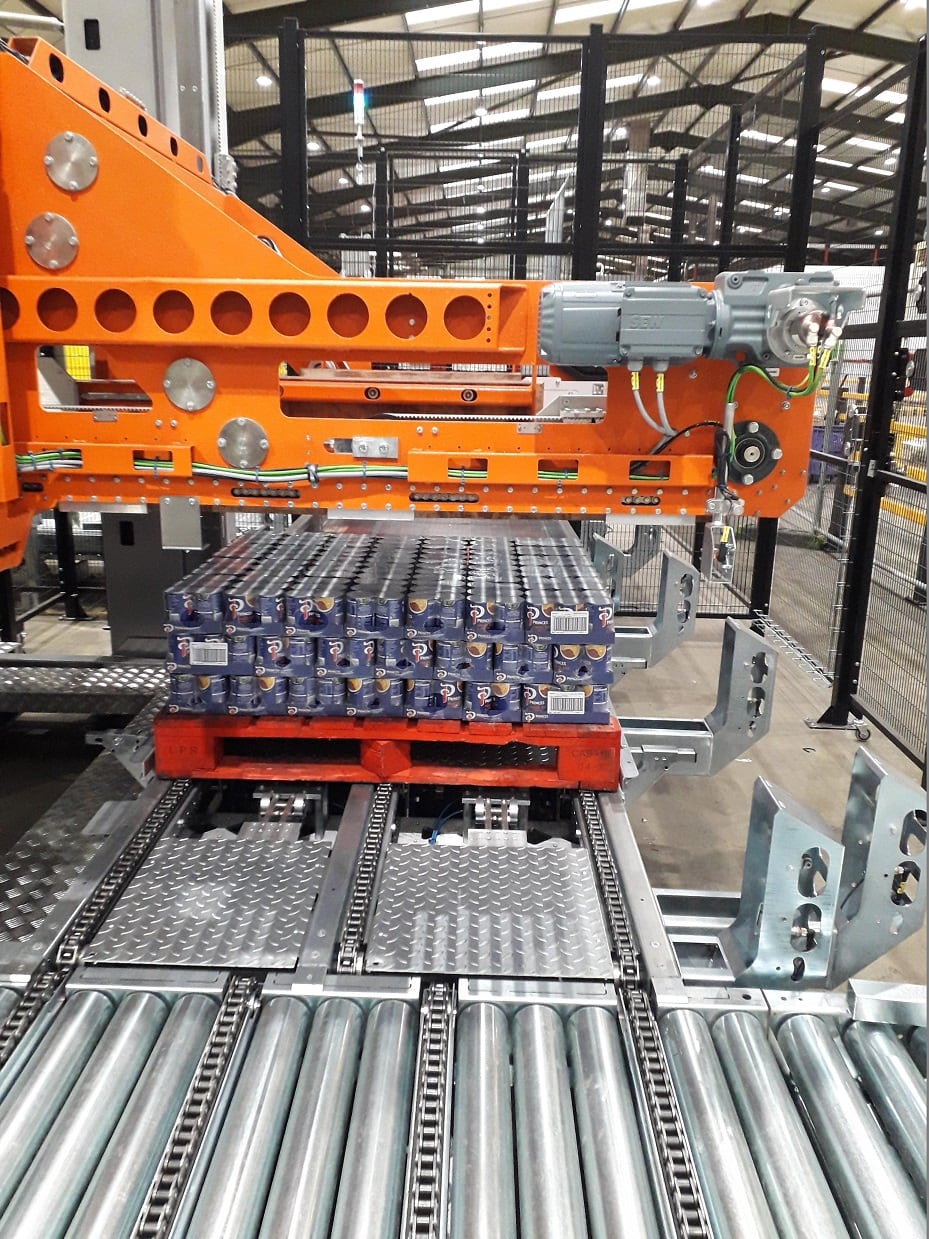
The next 12 months we'll take time to consolidate and optimise the operations we have put in place, but that doesn't mean we stop investing. We have plans in the coming couple of years to continue investing in the equipment we already have, upgrading some fillers and seamers on existing production lines. Our x-ray systems are being upgraded to best available technology.
If you take the production line, which was manufactured in northern Italy and was due for delivery in spring last year, we're delighted with the engineering suppliers that managed to keep to timelines, even with their own COVID challenges. That enabled us to keep the programme broadly online with really just a few weeks of delay.
NPD
We're bringing 108 new recipes into the factory made in a different way. There's been a load of work carried out by our NPD team to get us to a point where we can land these on a production line. We're about 80% of the way through that. That touches on all our main branded customers as well as our own-branded products.
In the past 12 months, from our customers' perspective there hasn't been a lot of NPD. It's mostly been focused on helping to feed the nation, so there's a backlog of ambient work for NPD with our existing customers.
There's some capital investment earmarked to enable us to produce an incubator manufacturing facility, which enables us to take innovative food offerings from the kitchen through to manufacture and test them in the market.
The research and development I'd like to point to would be an ongoing piece of work we have been doing with Lincoln University through a partly Government funded Knowledge Transfer Partnership spanning two or three years. That's around how we process non-seasonal peas, so how we handle them, rehydrate them and how we get the best from the raw material we're getting into the factory. That will be a publicly available piece of research, not just for our commercial benefit.
Training
We have six engineering Apprentices employed in training at any given time. We have an ambition to broaden the remit outside engineering.
We've been able to maintain forward momentum with our Apprentices. They are working towards their Level 3 Diploma in Food & Drink Manufacturing. We have a small number of individuals we take beyond that if they have the desire and potential to go on to a degree.
COVID is probably affecting us more in our recruitment of Apprentices this year. Ordinarily we would expect to be out in some of the local schools talking to folks about coming to one of our food factories. That's been harder. But we have a very close link with the College of West Anglia - one of our local colleges - and working with them, we'll overcome that.
With the new production line there's been 10,000 hours of training. For the 50 folks associated with that, that's been a good four or five weeks' worth of training over the back end of last year.
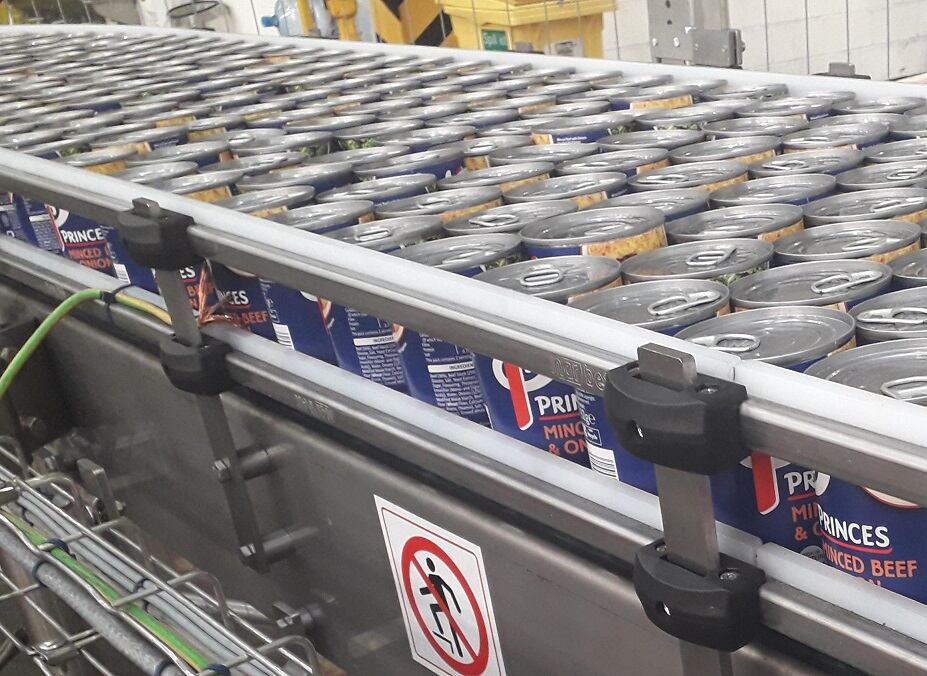
Brexit
A lot of the heavy lifting associated with Brexit has been done by my colleagues at headquarters. Ordinarily they would have been sat in the Royal Liver building [in Liverpool], but obviously for the past 12 months the majority have been doing that from home.
Where it has affected us has been around the ongoing dialogue with our customers, picking up on some of the regulatory pieces associated with it, so some of the changes in traceability requirements.
Probably one of the biggest issues when we talk about friction at borders is around allowing extra time in terms of deliveries. We have increased some of our stock holdings for the raw materials that come internationally and importantly some of the stock holdings on some of our engineering stores.
So, on Brexit, even with all the complications associated with COVID, we have been well-prepared. Of course we have concerns - we're dealing with many hundreds of raw materials here at Long Sutton. While we do have a close connection with local suppliers, we're still bringing navy beans in from North America, spices from all over the world, but we're confident in the planning and preparation.
We have taken some pride in operating throughout the pandemic. That's not been easy. As we move forward with the easing of some of the restrictions that have been in place, hopefully life does get easier on site as well.

